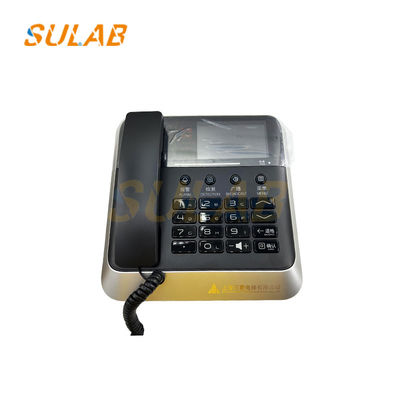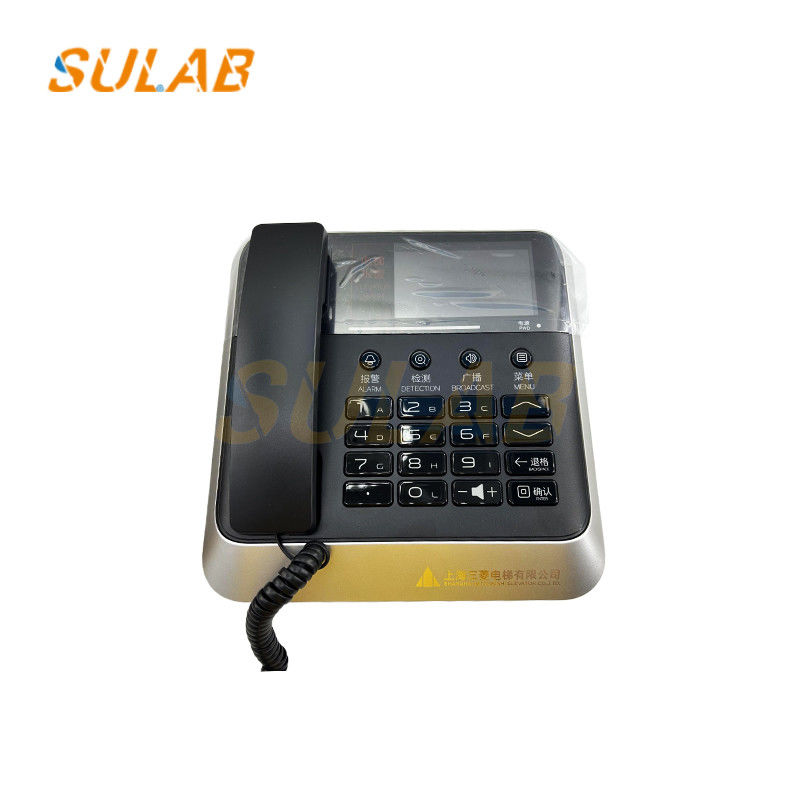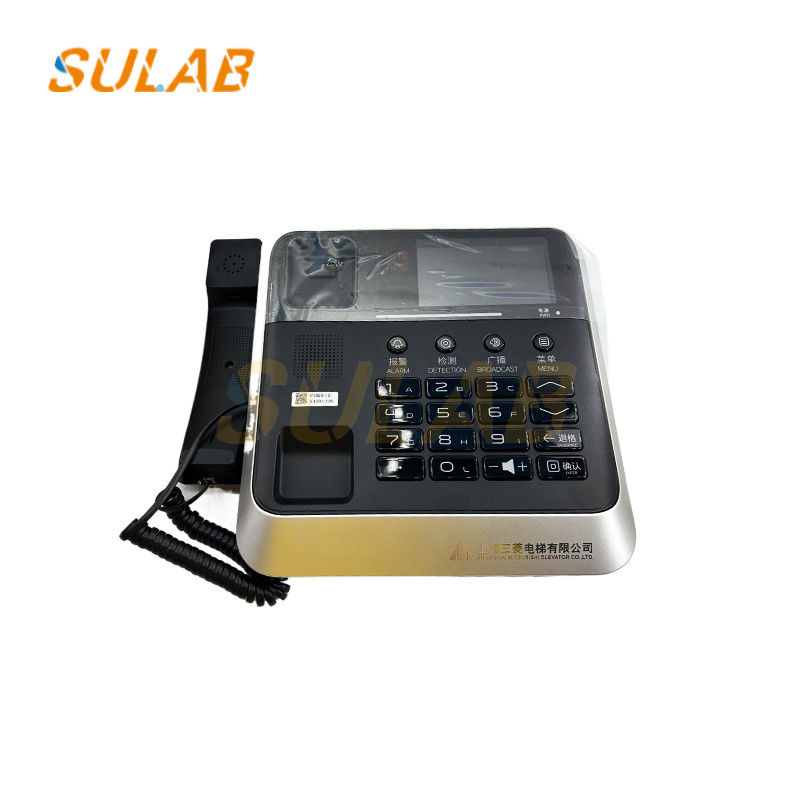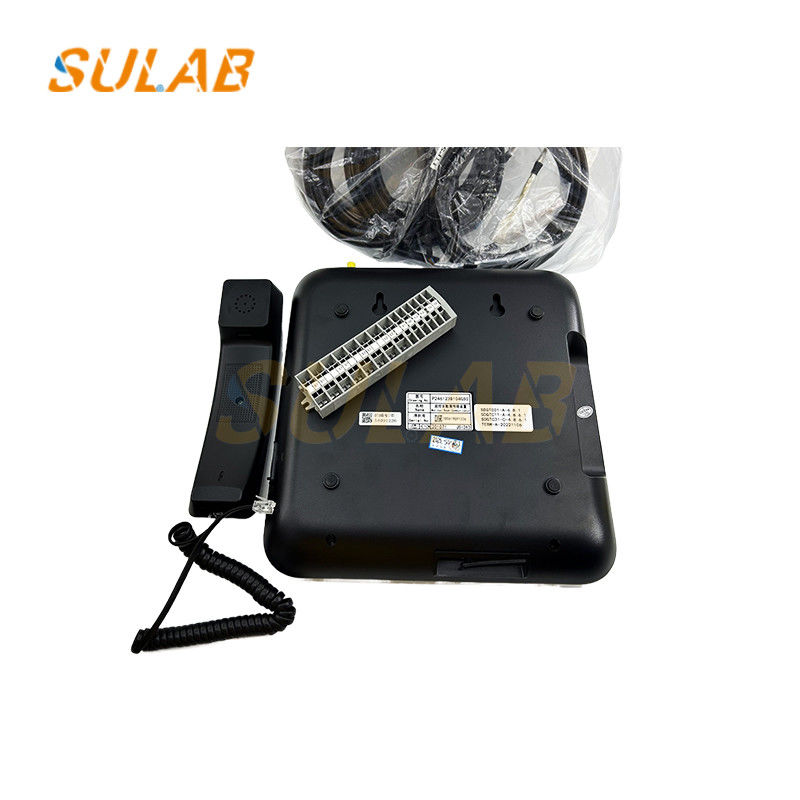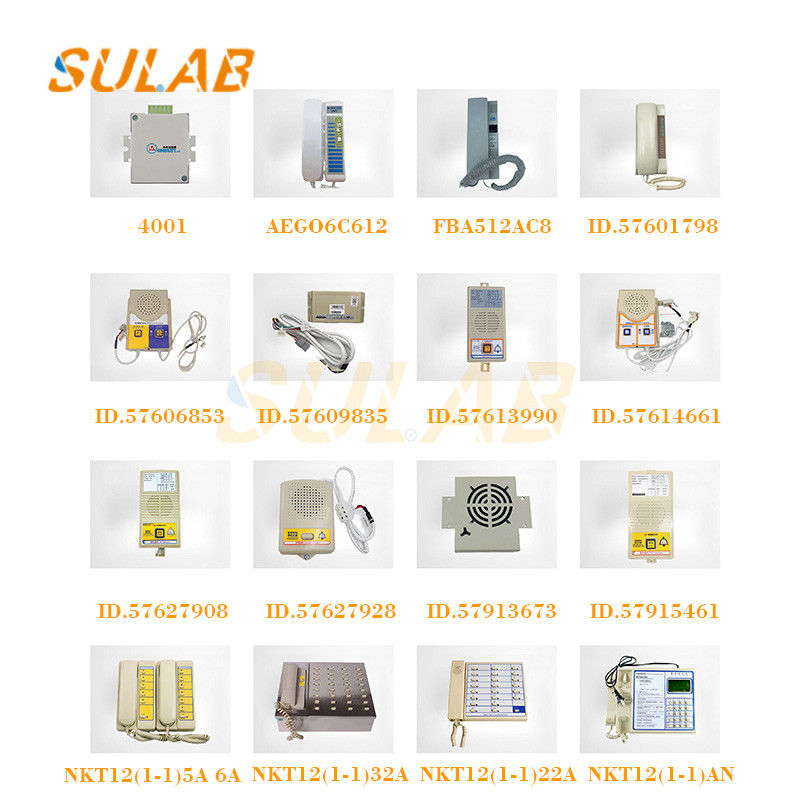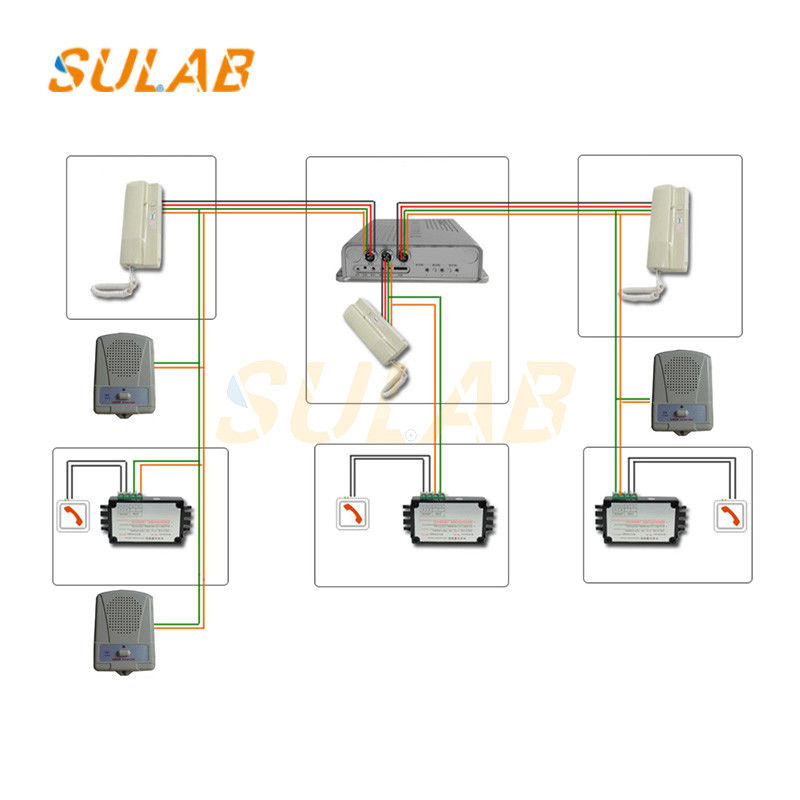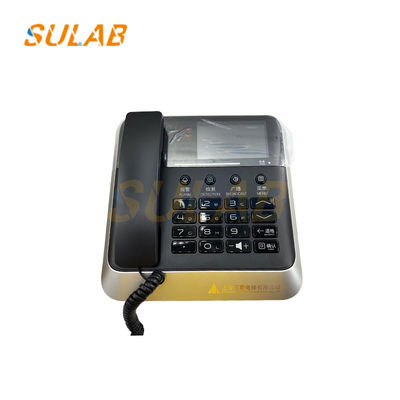
Mitsubishi Five-way Elevator Intercom Telephone, Elevator Telephone System, Elevator Intercom System P246123B104G50
-
Highlight
P246123B104G50 Elevator Intercom
,Mitsubishi Elevator Intercom Telephone
,Five-way Elevator Intercom Telephone
-
BrandSULAB
-
DescriptionElevator Parts
-
ModelP246123B104G50
-
MOQ1PC
-
TransportionTNT, UPS, DHL, Fedex, Air, Sea
-
ApplicableElevator
-
PackagesCarton, Wooden Case, Pallet Etc
-
Delivery TimeNormally 2-3 Working Days After Payment
-
WarrantyOne Year
-
Payment MethodCompany Bank, Western Union, Alibaba, Paypal Etc
-
Brand NameSULAB
-
Model NumberP246123B104G50
-
Minimum Order Quantity1PC
-
Delivery TimeNormally 2-3 working days after payment
-
Payment TermsL/C,D/A,D/P,T/T,Western Union,MoneyGram
Mitsubishi Five-way Elevator Intercom Telephone, Elevator Telephone System, Elevator Intercom System P246123B104G50
Mitsubishi five-way elevator intercom telephone, elevator telephone system, elevator intercom system P246123B104G50
Workflow and signal transmission principle
1. Call initiation (taking the car call duty room as an example)
Trigger call: The passenger presses the call button in the car, the button closes to form a current path, and sends a call signal (electrical signal) to the bus.
Signal transmission: The electrical signal is transmitted to the duty room host through the bus. The host identifies the signal source (such as the car address code) and issues an audio and visual prompt (such as a buzzer alarm, the screen displays the call location).
2. Voice communication establishment
Host response: The duty personnel connect to the corresponding channel of the host, and the microphone converts the voice into an audio electrical signal, which is amplified and transmitted to the car phone through the bus.
Two-way call: After the car phone receives the electrical signal, the voice is restored through the speaker; at the same time, the microphone in the car collects the passenger's voice and transmits it back to the host to achieve full-duplex call (simultaneous two-way voice transmission).
3. Multi-terminal communication logic
Single call and group call: The host can call a terminal (such as the machine room) alone, or connect multiple terminals (such as the car, the car top, the pit) at the same time for multi-party calls (such as collaborative communication during maintenance).
Address code identification: Each terminal has a unique address code (such as hardware dial or software setting). The host uses the code to distinguish the call source to avoid signal confusion.
| Brand | SULAB |
| Description | Elevator parts |
| Model | P246123B104G50 |
| MOQ | 1PC |
| Transportion | TNT, UPS, DHL, Fedex, Air, Sea |
| Applicable | Elevator |
| Packages | Carton, Wooden case, Pallet etc |
| Delivery Time | Normally 2-3 working days after payment |
| Warranty | One year |
| Payment Method | Company Bank, Western union, alibaba, Paypal etc |
System composition and connection method
Hardware composition
Terminal equipment: including car telephone, machine room telephone, car top telephone, pit telephone and duty room host. Each terminal is equipped with microphone, speaker and call button.
Transmission line: bus wiring (such as 4-core cable) or IP network transmission (suitable for intelligent buildings) is mostly used to connect each terminal to the duty room host.
Power supply and amplification equipment: provide stable DC power supply (such as DC12V/DC24V) and enhance voice signal through audio amplifier.
Connection logic
Each terminal is connected to the host in parallel or series through the bus to form a star or bus network topology, ensuring that any terminal can communicate with the host or other terminals.
